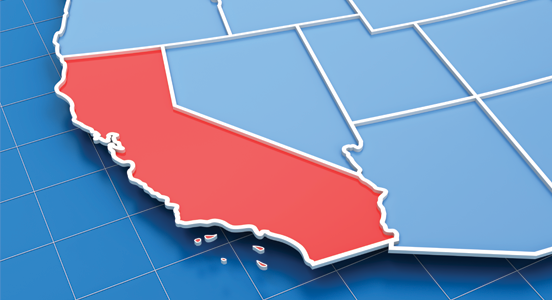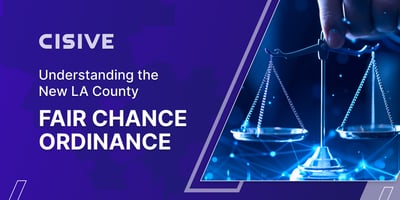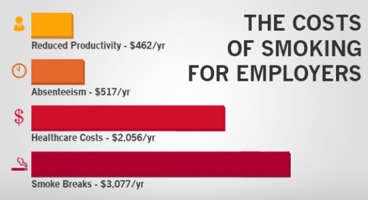

California’s AB 2188[1] passed the Legislature on August 30 and was approved by the Governor on...

The laws concerning the use of E-Verify in California changed on January 1, 2016, due to California Assembly Bill 622. E-Verify is a national system to ensure employees are qualified to work in the United States, and this system is jointly administered by USCIS, the Department of Homeland Security, and the Social Security Administration. Here is an overview of what California employers need to know:
Employers in California are now prohibited from using the E-Verify system to check on the legality status of any current employee. The law also prevents them from using E-Verify to ascertain whether job applicants are legally allowed to work in the U.S. Therefore, the only time a California employer is permitted to use this verification system is to determine the status of someone to whom they are offering a job. Employers are permitted to make their job offer conditional on the candidate's eligibility to work. There are a few exceptions made for employers who receive federal funds or who are under federal mandates to verify the legal status of their employees. There is also a new requirement that the California employer has to immediately notify a potential new hire if the E-Verify system cannot find their information, and disregarding this requirement carries a $10,000 penalty for the employer.
It's essential that all employers nationwide approach the use of E-Verify with current best practices in order to mitigate any risks associated with non-compliance. In some states, employers are required to use E-Verify with all new hires, and a study by the Cato Institute shows that there is nationwide disregard for these requirements. For example, the study shows that in four states that mandate the use of E-Verify, roughly half of all employers still do not use the system. Since E-Verify compliance requires awareness of laws at both the federal and state levels, employers must make efforts to understand a dual set of obligations. Federal requirements are spelled out in the USCIS E-Verify User Manual, while good labor law attorneys in each state will be the best information resource for understanding state requirements. Given the stiff penalties for non-compliance with California's new E-Verify law, and the fact that this new law allows every job applicant to prosecute an employer for not following the law, investing in legal advice is a wise choice for all California employers.
A study commissioned by USCIS found that as of 2013, 86 percent of employers nationwide are using the E-Verify system. This survey didn't include the healthcare industry among those industries that typically employ large numbers of undocumented workers, but there are healthcare fields that will be strongly affected by the new California law. Foreign-born workers accounted for 16 percent of all healthcare employees in the U.S. in 2012, including one-quarter of physicians and 22 percent of healthcare support workers. Most immigrant healthcare workers other than physicians must receive a Health Care Worker Certification from USCIS before they can begin employment. This requirement is entirely separate from the E-Verify system, but it is indicative of the complex web of regulations affecting employers in the healthcare field.
As more foreign-born workers apply for jobs throughout the entire healthcare sector, every HR office and facility manager will need to be continuously current with the requirements and restrictions regarding their use of E-Verify.
Author: Bryan Barajas
Bio: Senior Director of Marketing Operations, Cisive. Music Enthusiast, Indoor Cycling Coach.
Let's Connect on LinkedIn
California’s AB 2188[1] passed the Legislature on August 30 and was approved by the Governor on...

Always consult with legal counsel to navigate the nuances of employment laws and protect your...

At PreCheck, we’ve noticed that a large number of our healthcare clients have initiatives in place...